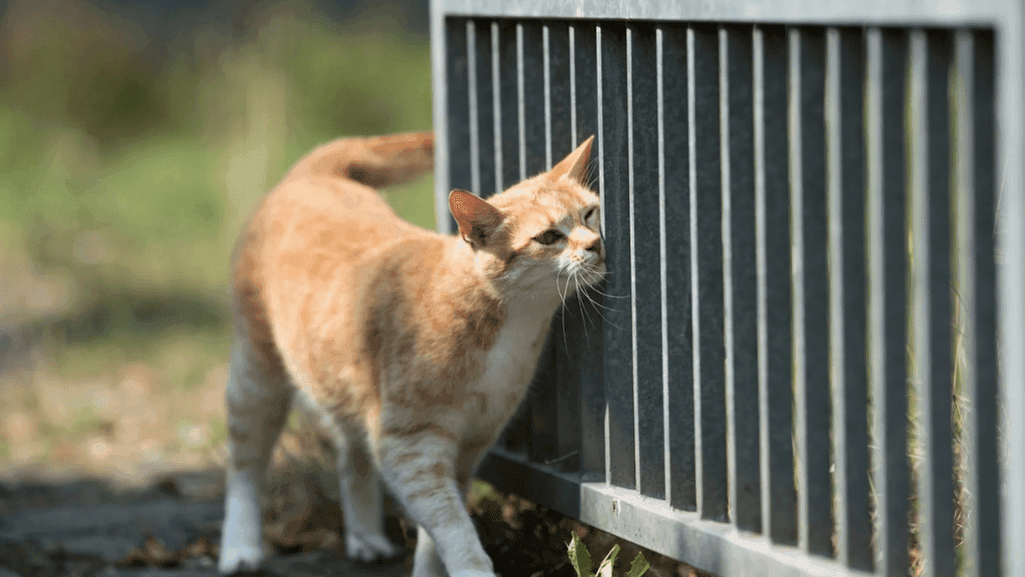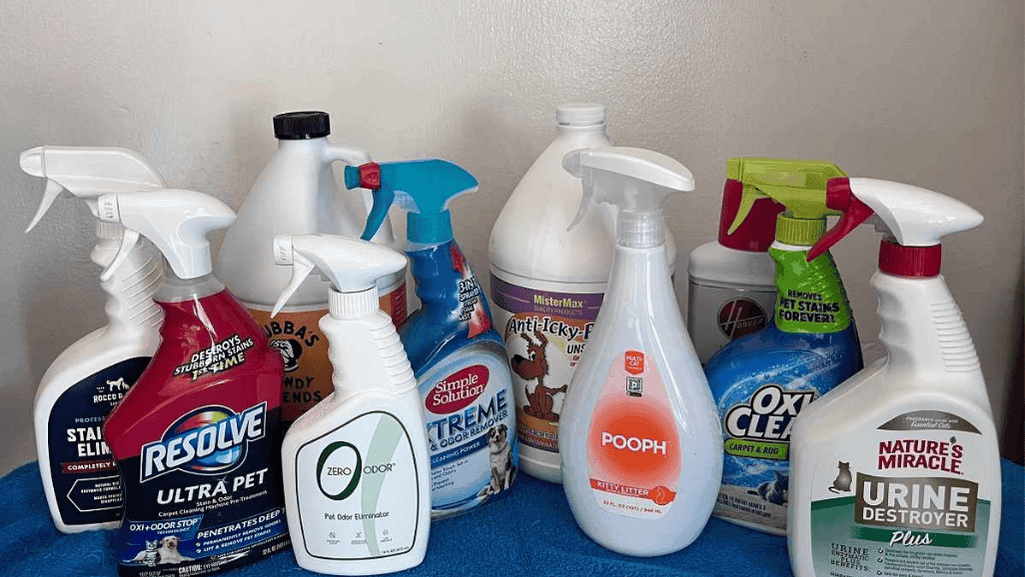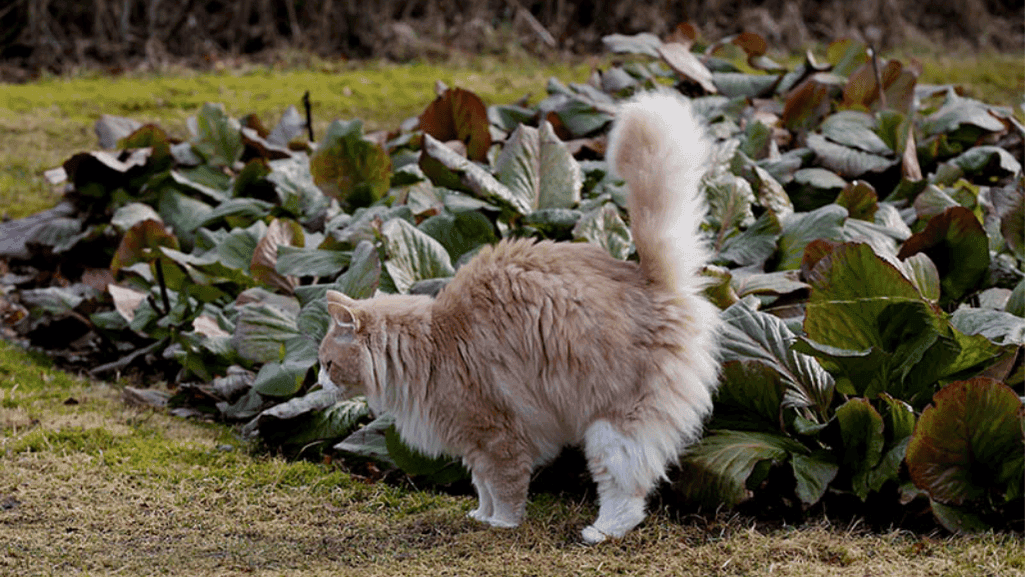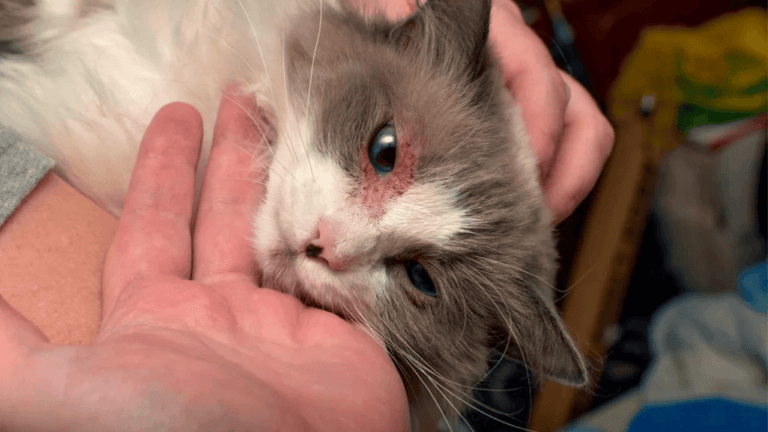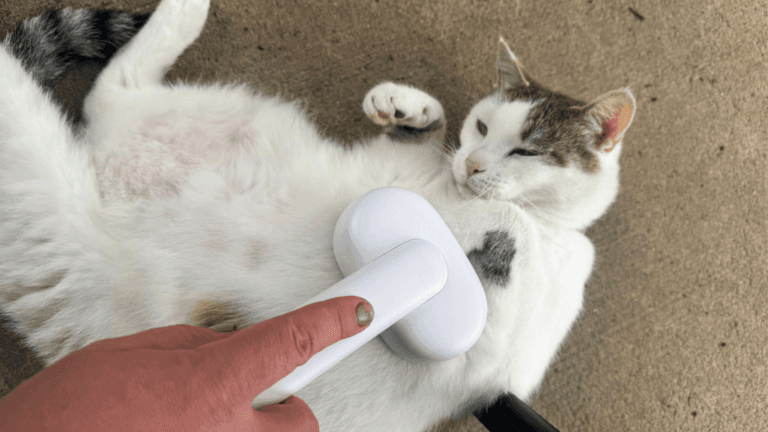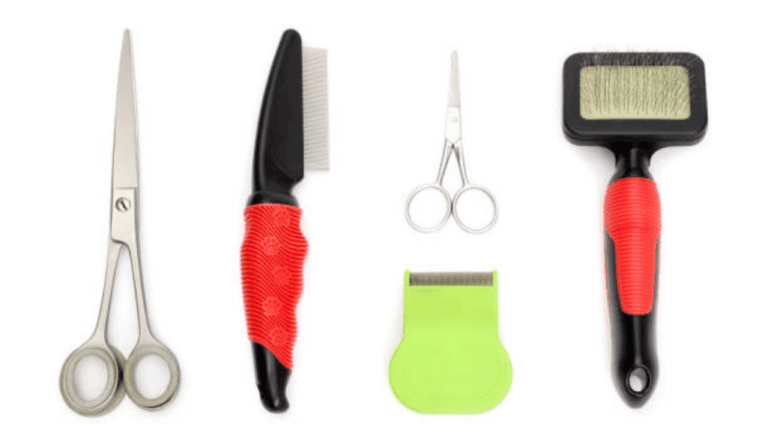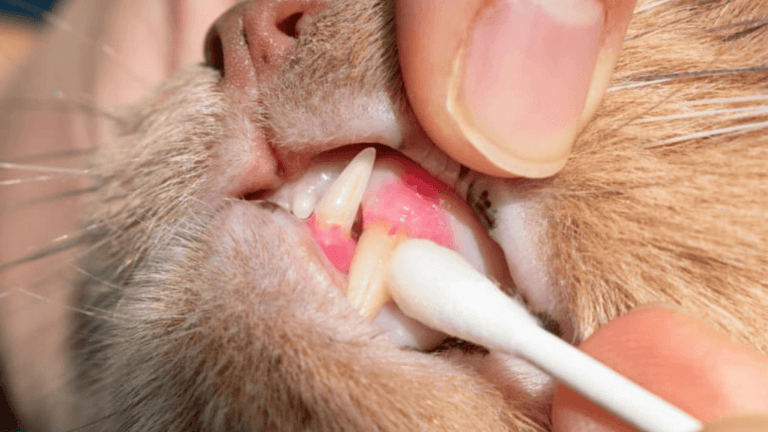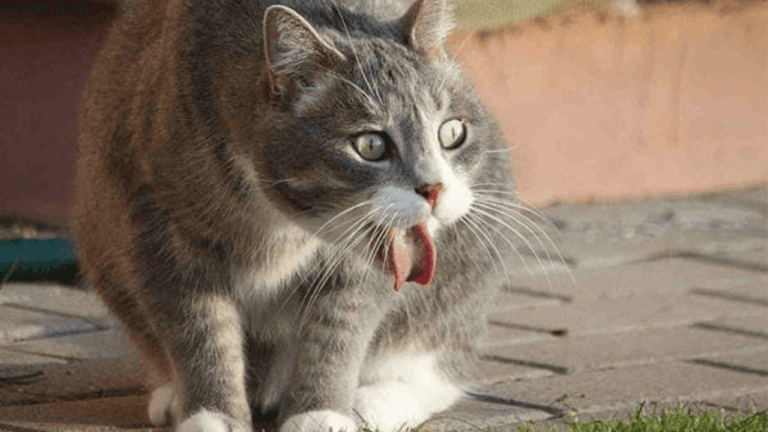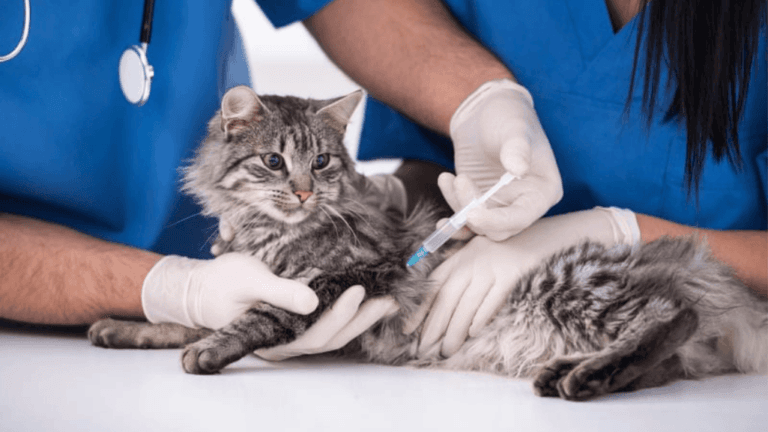Cat urine marking, or spraying, is a common problem for many cat owners. It happens when a cat backs up to a surface and releases urine. This is different from regular urination, as the cat will stand up, tail quivering, back arched, and feet moving backward.
Cats spray to leave a scent message for other cats. This way, they can communicate without facing each other directly.
Studies show that about 10% of pet cats have trouble with house soiling. This includes 10% of neutered males and 5% of spayed females spraying urine. Both males and females can spray indoors to mark their territory. Changes in the home can make cats spray more.
Stress is a big reason for cat spraying. Other factors include urinary tract infections (UTIs), which are more common in males and can be deadly if not treated. Cats in heat may spray more if not neutered or spayed, and this is worse in homes with many cats. Litter box problems and outdoor cats can also make cats spray more.
Key Takeaways
- Cat spraying is a common problem caused by various factors, including stress, medical issues, and territorial instincts.
- Neutering or spaying cats can significantly reduce marking behavior.
- Providing stress relief through environmental enrichment and addressing litter box preferences can help curb spraying.
- Using enzyme-based cleaners to remove urine odors is key in stopping cats from marking the same spots again.
- Consulting with a veterinarian is recommended for persistent cases or if medical issues are suspected.
Understanding Why Cats Spray and Mark Territory
Cats are known for being clean, but spraying and marking territory can be a problem. It’s important to understand why they do this. About 10% of cats will spray at some point, often as a way to communicate.
One main reason for intact cat mating behavior is to show they’re ready to mate. Unneutered males are more likely to spray. Neutering or spaying can help stop this behavior.
Territorial Marking and Conflicts with Other Cats
Cats spray to mark their territory and avoid other cats. In big households, urine marking is more common. To reduce this, provide enough litter boxes and clean them often.
Stress and Anxiety as Triggers for Spraying
Cat stress and anxiety can make them spray. Stress can come from feeling unsafe or threatened. Playing with your cat and giving them places to hide can help.
“Cats in multiple-cat households often exhibit spraying behaviors, with most cats that mark indoors doing so by spraying urine in many locations.”
Medical issues can also cause cats to spray. Conditions like urinary tract infections or hyperthyroidism can lead to spraying. But, most spraying is due to behavioral reasons.
Identifying and Cleaning Cat Spray Spots
Removing all traces of cat odor is key to stopping them from spraying again. Finding cat urine spots can be hard, but a UV light helps a lot. Once you find the spots, picking the right enzyme cleaner is important to get rid of the smell and stop them from spraying again.
Enzyme cleaners are great at breaking down urine and stopping cats from spraying in the same spot. They target the smell at its source, not just covering it up. Anti-Icky-Poo Odor Remover by Mister Max and Cat Extreme Stain and Odour Remover by Simple Solution are good choices.
Using UV Light to Locate Urine Marks
Finding cat spray spots can be hard, but a UV light makes it easier. Cat urine glows under UV light, helping you find all the spots that need cleaning. A good UV flashlight is a big help in cleaning thoroughly.
Choosing the Right Enzyme Cleaner for Odor Removal
Not all cleaners work well on cat spray odor. Enzyme cleaners are made to break down cat urine proteins, getting rid of the smell. Look for cleaners made for cat urine and known to work well.
To use an enzyme cleaner right, follow the instructions closely. You might need to apply it, wait, and then clean up the extra. Sometimes, you’ll need to do it more than once to get rid of the smell.
Using UV light and the right enzyme cleaners helps you clean cat spray spots well. This stops them from spraying again. Being consistent and thorough is important to manage this behavior and keep your home smelling fresh. For more on cat spraying, check out PetMD’s article.
Resolving Conflicts and Reducing Stress in Multi-Cat Households
Living with multiple cats can be rewarding but also challenging. Cats may feel stressed or insecure, leading to conflicts. These conflicts can cause unwanted behaviors like urine spraying.
To create a peaceful home, it’s key to address these conflicts and reduce stress. This helps stop cats from spraying.
PetMD says up to 10% of cat stress symptoms include urine spraying. Conflict is a big reason for health issues in multi-cat homes. Owners should watch for signs of conflict and find the causes to reduce it.
Competition for resources is a main cause of conflict in indoor cats. Introducing a new cat or when cats reach social maturity can lead to conflict. Uneven power dynamics can also cause issues.
To reduce competition, provide separate resources for each cat. This includes food and water bowls, litter boxes, and sleeping areas.
Proper introduction techniques can lower the chance of fighting. Introduce cats by smell and take turns playing with them separately. This helps, even in the first few weeks. Keeping cats apart for a few days when introducing a new kitten helps. Slowly introducing new kittens and showing equal love to all cats can prevent jealousy and territorial disputes.
The Comfort Zone Multi-Cat Diffuser helps calm cats when they share space. It mimics natural pheromones.
Managing resources and introductions is important. Reducing stress through environmental enrichment, trimming nails, and behavior-modifying medications also helps. Neutering cats can reduce spraying behaviors. If conflicts continue, a behaviorist can help cats live together better.
How to Stop Cats from Marking: Proven Solutions
Dealing with a cat that marks or sprays outside the litter box can be tough. But, there are many effective ways to solve this problem. These solutions can help bring peace back to your home.
Neutering cats to stop spraying is a top solution. It greatly reduces marking in both males and females. In fact, 90% of neutered males and 95% of spayed females stop spraying.
Provide Stress Relief and Environmental Enrichment
Creating a calm environment and enriching your cat’s space can also help. Stress relief techniques include:
- Providing vertical spaces, such as cat trees and perches
- Offering interactive toys and playtime
- Ensuring ample resources, such as food, water, and litter boxes
- Addressing any chronic pain or stress issues
Use Pheromone Diffusers and Sprays to Calm Cats
Pheromone products, like Feliway, can make your cat feel calm. They mimic natural pheromones, helping your cat feel secure and relaxed.
“Creating an environment that reduces stress for cats can help decrease the need for marking, such as providing vertical surfaces, ample resources, and addressing chronic pain or stress.” – Dr. Marci Koski, Feline Behavior Specialist
Modify Litter Box Setup and Preferences
Having clean, the right-sized litter boxes is key. Here are some tips for litter box preferences and setup:
- Provide one litter box per cat, plus an extra
- Experiment with different types of litter to find your cat’s preference
- Place litter boxes in quiet, easily accessible locations
- Clean litter boxes regularly to encourage use
By using neutering, stress relief, pheromone products, and the right litter box setup, you can stop cats from marking. This makes your home happier and healthier for both you and your cat.
Conclusion
Dealing with cat spraying can be tough for pet owners. But, by understanding why cats spray and using the right cat marking prevention tips, you can stop it. Male cats spray more because of their territorial and reproductive instincts. So, acting fast is key to stop them and set boundaries.
To stop cat spraying, focus on stress relief and keeping their environment interesting. Play with your cat often, give them fun toys, and make sure they have scratching posts. This helps them not spray. Also, a calm and familiar home, along with calming products, can help a lot.
If your cat keeps spraying after trying different solutions, see a vet. They can check your cat’s health, find any medical issues, and help with behavior changes. With patience and the right steps, you can stop your cat from spraying and make your home peaceful again.

